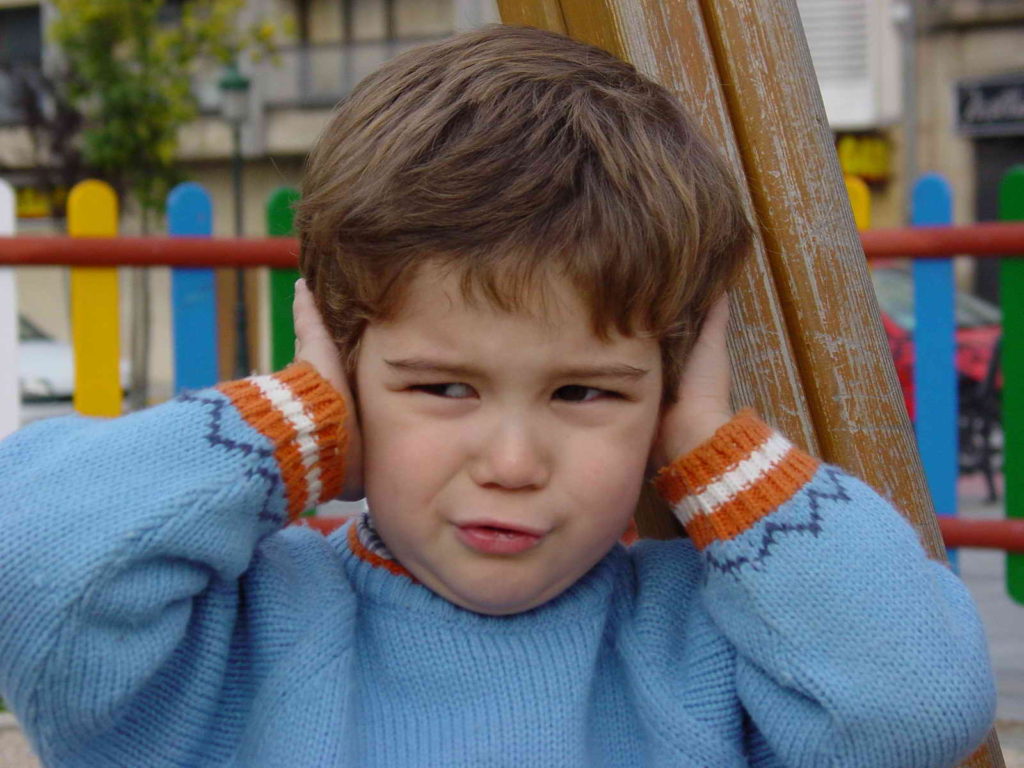Awhile ago, I asked autistics to tell me what they wish neurotypicals knew about them. What follows are the answers 14 of them gave me, along with some explanation from me as to what I think all these mean (I’m also autistic).
1) Every autistic person is different. It’s a spectrum!
Each and every person on the autism spectrum is different! There are no exceptions to this. What this means is that if you are looking to really know and understand an autistic, you can do nothing better than to talk to him or her. Most of us are happy to talk to someone who really cares.
2) Most of us have sensory processing problems

It’s not all about social problems. Those on the spectrum are commonly hypersensitive to sound, light, touch, smells, and even tastes! When it gets bad enough, it is overwhelming, terrifying, and painful.
3) People don’t have to “look autistic” to be autistic
Many people on the autism spectrum are taught to hide the things most commonly associated with autism. So if someone on the spectrum does not fit the autistic stereotype, it could well be that he or she has learned to hide it long enough for most people not to notice.
We use a high number of coping mechanisms to get through the day “incognito.” If you want to be able to identify some of these techniques, I made a whole video explaining the ways those with Asperger’s (a form of high functioning autism) cope here.
4) Don’t take it personally when someone on the spectrum needs a lot of time alone
The world is a stressful place and oftentimes the best place to find rest is in isolation, where both noise and social pressure are absent. This leads many on the spectrum to seek out this kind of isolation to regenerate after a hard day. Please don’t take it personally, it’s just for a bit of rest.
5) Nothing about us, without us!
A huge number of those on the autism spectrum are more than capable of speaking for themselves and finding the solutions to problems of all levels. So when looking to help someone autistic, ask that person or at the very least, another autistic person if the help you are looking to give is a good idea or not. It’s far too easy to do more harm than good.
6) The world would be a better place with more people on the spectrum!

Many of us take tremendous pride in our diagnosis! It is often times our greatest asset in this world, allowing us tremendous advantages and strengths. As a matter of fact, I made a whole list of these exact strengths and went to great length to make it as high quality and accurate as possible. If you are interested in checking that article out click here
7) You probably know someone with autism!
The estimates vary a good bit, but the current number seems to be around 1 in 80 people have an autism diagnosis. Because of this, there is a strong chance you know someone who has autism! All the more reason to learn more and more about autism as you will be able to apply that knowledge.
8) Our differences DO NOT need to be hidden
The world does not need autism to be eradicated, the world needs people that see the world differently than neurotypicals. Scientific progress, the arts, and how we understand ourselves more broadly all hinge on people being different than each other. Without different views the world would not function and even if it could, it would be a dull place to live.
9) Those on the spectrum have loads of empathy. It’s just expressed differently

People on the autism spectrum do have empathy!! Believing otherwise is a very common misconception and is unfortunately often considered a trait among those with autism. The belief that those on the spectrum fundamentally lack empathy is most likely a result of communication difficulties across the board. I’ve met autistics whom I believe possess more empathy than most, and just can’t quite express it. In any case, I go into all of this stuff in depth in my article on empathy here, if you are interested in more information.
10) When we ignore social rules, it’s often because we know it’s right.
Now I’ll be the first to admit that we on the spectrum often mess up social rules on accident, and that it takes time for us to learn those rules. However, when we do finally understand whatever social rule is appropriate for a given situation, we might just ignore it. That’s not out of pointless stubbornness, but because we have come to the conclusion that following that rule is unwise.
For instance, a lot of people on the spectrum are unwilling to engage in small talk. Not because we don’t understand how to go about it, but because we believe that it’s a matter of principle to not make “fake conversation” when we could be ourselves and remain silent or talk about something we think find valuable instead.
11) We are not faking it to manipulate or get attention
All of that sensory stress and social pressure is exhausting, painful, and very often terrifying. It is extraordinarily rare that anyone I’ve met on the spectrum will fake any of this discomfort under any circumstances. Oftentimes our days are really just that hard, and we have to let some of that struggle show, so that we don’t reach our breaking point as quickly.
12) Masking behavior is no cure. It still hurts

It’s very common to hear that an autistic child who has gone through therapy or some round of medication has been “cured” of autism or at the very least no longer seems to struggle. In every case, it is just a matter of hiding those “autistic behaviors.” That struggle and pain still exist it’s just being hidden, so we don’t have to deal with another round of criticism for our behavior. Unfortunately, masking all that pain can sometimes become too much, throwing an autistic into a meltdown.
13) Going through the motions of the world is hard. We need to be in our own world from time to time
Here’s the thing. For most on the autism spectrum, acting out all of the memorized social rules and guidelines is just plain tiring. So it’s not uncommon for those autistics who are a little more confident with themselves to just give up on social conventions for a little while and spend time in the world as he or she actually sees it. Of course, this is not a viable strategy long term, but it can be a refreshing way to go through the day, as many of the persistent social pressures will ease off a little when an autistic chooses to do this.
14) Not everyone is “a little bit on the spectrum”
All of us autistics would really like it if those who are not completely sure they are on the spectrum would stop saying that they are “a little bit on the spectrum”. It’s just about a universal pet peeve for us autistics, as it is a touch insulting to make it sound like such a small thing. Of course, this one isn’t the end of the world if you slip up, but don’t be surprised if there is a glare if you should decide to say it. You have been warned!
Thanks for reading! And as always, if you have any questions regarding Asperger’s email me at “wouldaspie@gmail.com” and I’ll try to answer your questions swiftly!
